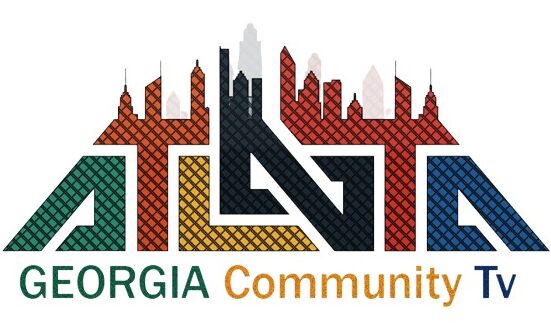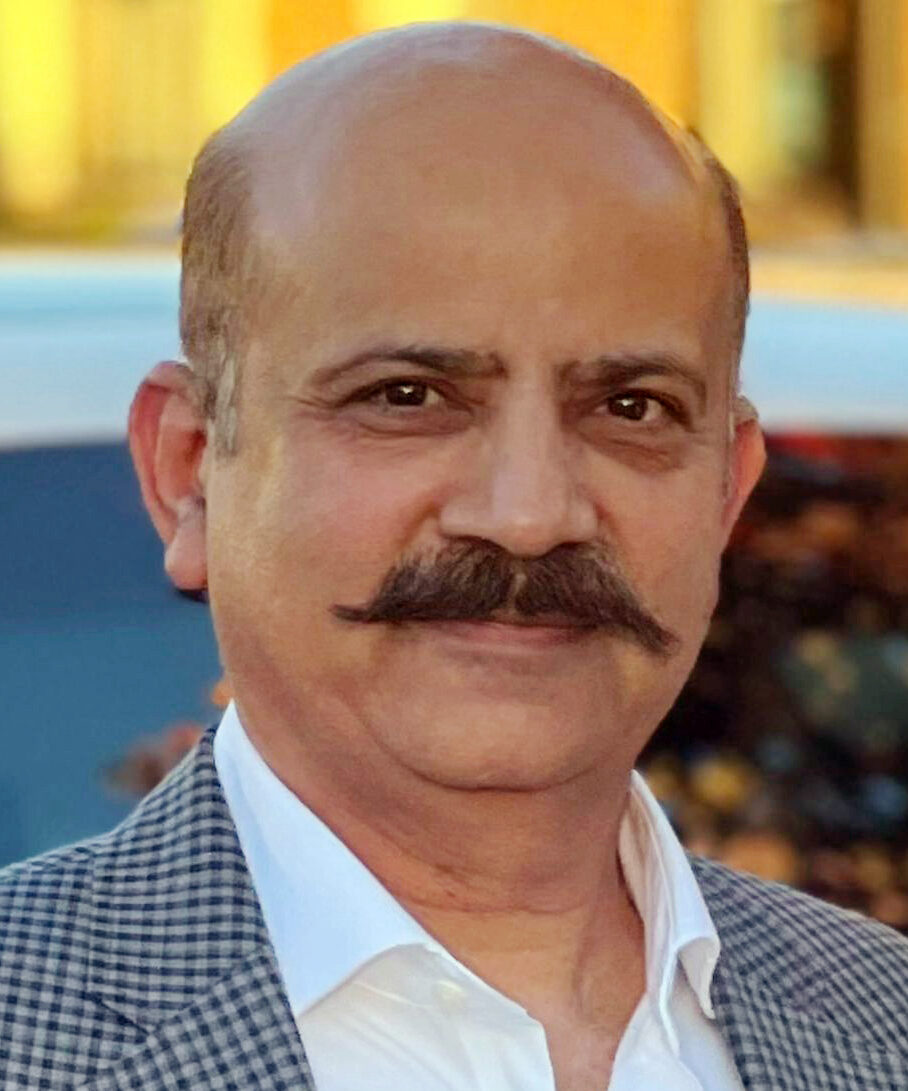The Netanyahu Corruption Trial, Explained

Prime Minister Benjamin Netanyahu of Israel is set to take the stand on Tuesday. Here’s what to know about the trial.

Prime Minister Benjamin Netanyahu of Israel is set on Tuesday to take the stand in his corruption trial for the first time since it began in 2020, raising the stakes in a divisive case that has disrupted Israel’s political life for years.
Mr. Netanyahu’s testimony is expected to continue, on and off, for several weeks, creating the spectacle of a sitting prime minister defending himself against graft charges, even as Israel continues to fight Hamas in Gaza.
The case is at the heart of a deep political rift among Israelis about Mr. Netanyahu’s character and has led to half a decade of political instability.
His supporters claim that a liberal deep state is trying to oust him by judicial means after failing to do so at the ballot box. His opponents have called on him to step down, with some accusing him of prolonging both the war and the trial to keep himself in power and out of jail.
For security reasons, Mr. Netanyahu will give his testimony from a bunker beneath Tel Aviv instead of in the Jerusalem courthouse where the trial usually takes place.
What are the charges?
Mr. Netanyahu is battling charges of bribery, fraud and breach of trust in three separate but related cases. The charges center on claims that he granted regulatory favors and diplomatic support to prominent businessmen in exchange for gifts and sympathetic media coverage. He has denied any wrongdoing.
The trial combines three separate cases, 1000, 2000 and 4000. (Mr. Netanyahu was cleared in a fourth, Case 3000.)
Case 1000
The indictment accuses Mr. Netanyahu of accepting nearly $300,000 in gifts, including cigars and Champagne, from 2007 to 2016 from the Hollywood producer Arnon Milchan and the Australian billionaire James Packer.
In return, prosecutors say, Mr. Netanyahu acted on Mr. Milchan’s behalf, including by pressuring the finance ministry to double the duration of a tax exemption for expatriate Israelis, like Mr. Milchan, after they return to the country from abroad.
The indictment also accuses Mr. Netanyahu of lobbying the American government to help Mr. Milchan renew his American visa, and of helping with a merger deal involving a television channel owned in part by Mr. Milchan.
There is no accusation that Mr. Packer received anything in return for his gifts.
Like Mr. Netanyahu, Mr. Milchan and Mr. Packer deny wrongdoing, and the two men are not on trial. Mr. Netanyahu’s wife, Sara, is also said to have received gifts, but is not a defendant in the trial.
Case 2000
Mr. Netanyahu is accused of discussing a quid pro quo arrangement in 2014 with Arnon Mozes, the publisher of Yediot Aharonot, one of Israel’s leading newspapers.
In exchange for supportive coverage, Mr. Netanyahu is accused of agreeing to consider enacting legislation that would have curbed the strength of Israel Hayom, a rival newspaper that was owned by Sheldon G. Adelson, a supporter of Mr. Netanyahu who died in 2021. But Mr. Netanyahu is not accused of following through on that promise.
Mr. Mozes, on trial, denies wrongdoing.
Case 4000
From 2012 to 2017, Shaul Elovitch, a telecom mogul, and his wife, Iris, are accused of granting favors to Mr. Netanyahu and his family in the hope that Mr. Netanyahu would not obstruct the Elovitches’ business interests.
In particular, Mr. Elovitch is accused of repeatedly allowing Mr. Netanyahu and his family to shape the coverage of his news website, Walla. In return, Mr. Elovitch hoped Mr. Netanyahu would do nothing to disrupt his various business interests, including to allow the smooth passage of a complex merger between the telecom company he formerly owned, Bezeq, and his satellite television provider, Yes.
The Elovitches are also on trial and deny wrongdoing.
Image
When did the cases start?
Investigators began looking into Mr. Netanyahu’s activities in 2016. In February 2018, the police formally recommended that he be prosecuted. In November 2019, he was indicted, and the trial began in May 2020. Mr. Netanyahu pleaded not guilty in February 2021, and later gave a fiery speech denouncing the case.
Since then, the Jerusalem District Court has been making its way through a list of more than 300 witnesses. The proceedings have been halted several times, initially because of coronavirus-related restrictions and then, in late 2023, because of the war in Gaza.
Mr. Netanyahu wanted to delay his testimony by several months, arguing that his management of the war campaign had disrupted his preparations. But the court agreed to postpone his appearance by only a few days.
What might happen next?
Even after Mr. Netanyahu finishes testifying in 2025, the process could still take years to reach a verdict.
If convicted, Mr. Netanyahu could be sentenced to several years in prison.
His lawyers have tried to negotiate a plea deal, and it remains possible that they could do so again in the future.
Some Israelis believe he might be pardoned by the country’s mainly ceremonial president, Isaac Herzog. And critics fear that Mr. Netanyahu’s allies in government will pass new laws that shield him from punishment. The prime minister has denied any such intention.
How has the case affected Israel?
The case has caused years of political turmoil. It prompted some of Mr. Netanyahu’s allies and supporters to abandon him — an exodus that left the country roughly evenly divided between his backers and critics. This split made it hard for either side to form a stable majority in Parliament, leading to five elections in less than four years.
After losing power in 2021, Mr. Netanyahu formed an alliance with far-right parties that had previously been on the fringes of Israeli politics. That bloc won a fragile majority in 2022, bringing hard-liners to the heart of government. Back in office, Mr. Netanyahu’s party primarily focused on overhauling the judiciary — a deeply contentious move that prompted months of street protests that ended only when Hamas led attacks on Israel on Oct. 7. 2023.
Isabel Kershner contributed reporting.
Patrick Kingsley is The Times’s Jerusalem bureau chief, leading coverage of Israel, Gaza and the West Bank. More about Patrick Kingsley






